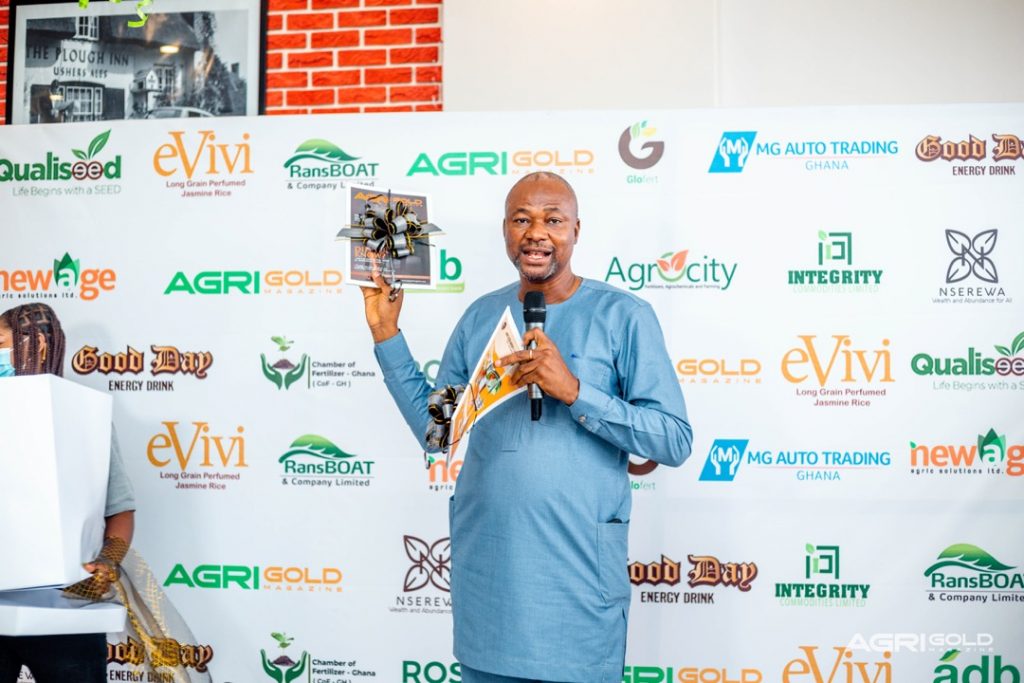A three-year project to convert solid and organic waste generated in parts of the country into poultry and fish feed as well as organic fertiliser has been launched in Accra yesterday.
The “Chicken, Fish Feed and Organic Fertiliser Value Chain Development using Black Soldier Fly-Basèd Urban Biowaste Processing” project, will use the larvae of the black soldier fly (BSF) to process waste into the agricultural products.
It aims at improving the livelihood of smallholder chicken, fish and vegetable producers and other agriculture value chain actors while addressing urban sanitation, bio-waste management and climate change mitigation.
Currently, the Nsawam-Adoagyiri Municipality in the Eastern Region has been selected for piloting of the project which is being implemented by the International Institute of Tropical Agriculture (IITA), a non-profit organisation, with funding from the Norwegian government.
The Deputy Minister of Food and Agriculture (MOFA), Mohammed Hardi Tuferiu, who performed the launch, lauded the BSF initiative which he believed would stimulate private investment into sustainable bio-waste management and sustainable production of animal feed and organic fertiliser.
According to him, despite increase in food demands and consumption patterns among the African population, farming systems were largely unsustainable amid indiscriminate disposal of waste at uncontrolled dumpsites and landfills.
The Minister said the high cost of raw materials in-country affected animal feed and organic fertiliser production adding that the BSF technology was timely to bridge the gap and boost yield for farmers.
“The project will not only benefit poultry farmers but also provide high quality organic fertilizer for peri-urban agriculture to reduce the cost and application of inorganic fertiliser,” he stated.
Dr May-Guri Saethre, Senior Advisor, Norwegian Agency for Development Cooperation (NORAD), in a remark, said the project involving three countries; Ghana, Mali and Niger, was expected to “revolutionise the way we produce food in our part of the world.” She said the project was hinged on the principles of circular bio-economy to contribute to achieving key targets under the Sustainable Development Goals (SDGs).
The Senior Advisor outlined benefits, including clean environment, job creation, empowerment of youth and women at all levels while making important contributions to the development of sustainable and profitable production of animal, fish feed and fertilizer based on the BSF.
She thanked the government, the ministry and its agencies for embracing the project, adding that “the project can make important contributions to addressing the many sanitary problems related to municipal solid waste and reduce related greenhouse gas emissions.”
For his part, the Director-General, Council for Scientific and Industrial Research (CSIR), Mr Victor Agyemang, said if effectively implemented, the project would “produce transformative impacts which if scaled-up could contribute immensely towards national development of the three participating countries”.

